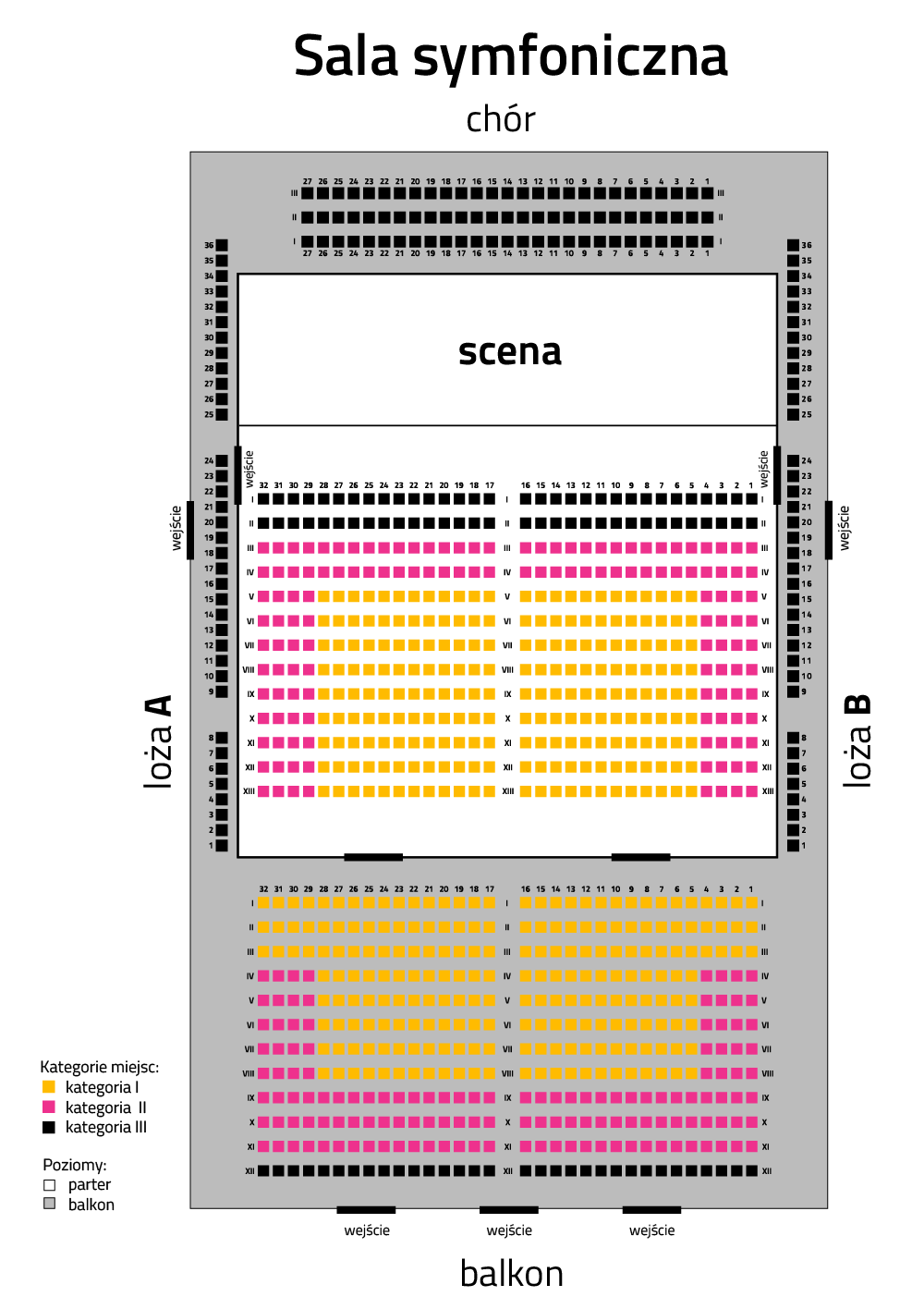In 2020, the world celebrates the 250th anniversary of the birth of Ludwig van Beethoven. His works are the most often performed ones in history. Therefore, our Philharmonic cannot ignore them. We will not limit ourselves to presenting his work, we will show it in a historical and artistic context. We will talk about Beethoven, who was 250 years ahead of his time.
If we analyzed all his works, we would find two themes that could be the key to understanding his life and work. In some of Beethoven's works, the composer expresses very personal, simple and heartfelt feelings. Such is the case with the ‘Pastoral’ symphony. Works belonging to the second group, and there are definitely more of them, take up the theme of fight.
Beethoven's life (1770-1827) coincided with a period of many changes. In these years the Great French Revolution takes place, Napoleon shakes the foundations of Europe and the Holy Covenant is formed to restore the old order. At first, Beethoven thinks about the social context of his works. Over time, his struggle also takes on a personal dimension – the internal struggles of a man with reality.
The Piano Concerto in E flat major contains one of the most virtuosic solo parts ever written for this instrument.. However, it is not an end in itself. It is a means of expressing the idea of heroism. The symphony ‘Eroica’ takes up the same thought. In the following parts (Allegro, Funeral March, Scherzo, Finale) the emotions of the hero are depicted, who, even if he died, will leave his ideas alive forever. Initially, it was supposed to be entitled ‘Napoleon’, but the composer changed it to the news of Bonaparte's imperial coronation.
By 1817 he had already had eight symphonies. And it was in that year when the composer was asked by the poet Kuffner, which of his works was closest to him, reportedly replied: ‘Eroica’. “I thought Fifth,” suggested Kuffner. ”No, ‘Eroica’," confirmed Beethoven once again.
Exhibition available during event:
Śmieję się, aż zasnę | Wystawa zbiorowaIlu nas jest to kolektyw ilustratorski, w skład którego wchodzą Pola Augustynowicz, Joanna Bartosik, Łukasz Drzycimski, Grzegorz Myćka, Dorota Piechocińska, Olek Pujszo i Ola Szmida. Artyści cyklem wystaw w całej Polsce pod tytułem „Śmieję się, aż zasnę” starają się przybliżyć szerszej publiczności swoją pracę.
DETAILS
Schnyder I BEETHOVEN 250
07-02-2020 19:00

Symphony HallFilharmonia im. Mieczysława Karłowicza w Szczecinie
ul. Małopolska 48
70-515 Szczecin

